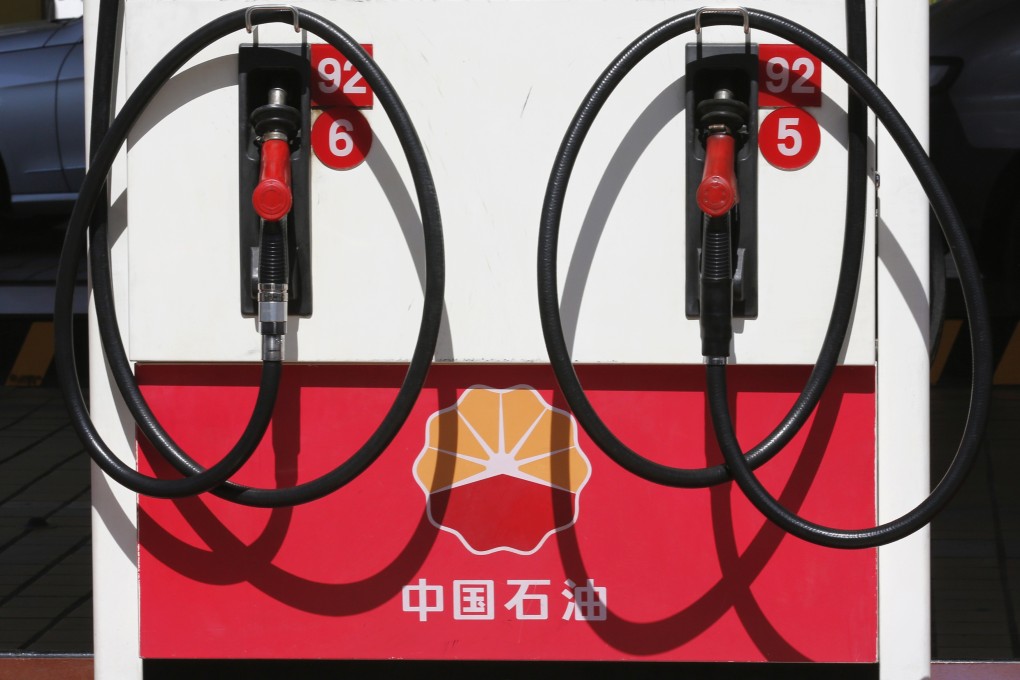New | China’s oil and gas majors to keep an eye out for acquisition opportunities overseas
“We don’t think the Chinese national oil firms are in a rush to acquire in the short-to-medium term. They are focusing on capital expenditure and cost reduction,” BNP Paribas head of Asia energy research Por Yong-liang

Mainland China’s state-backed oil and gas giants will likely be more active in looking at overseas acquisition opportunities this year to take advantage of sharply lower oil prices, after taking a breather last year amid corruption probes and an emphasis on spending and investment discipline.
Although the share prices of many potential targets have fallen to attractive multi-year lows, along with oil prices, analysts and lawyers who advise the oil majors said they will not be in a hurry to strike deals.
“We don’t think the Chinese national oil firms are in a rush to acquire in the short-to-medium term. They are focusing on capital expenditure and cost reduction,” BNP Paribas head of Asia energy research Por Yong-liang told the South China Morning Post. “Unlike 2009, their balance sheets now have more [debt] gearing.”
According to data compiled by Dealogic, outbound acquisitions by mainland firms in the oil and gas sector plunged 86.6 per cent last year to US$2.86 billion from US$21.25 billion in 2013, which was in turn 31.5 per cent lower than US$31 billion 2012. It was also much lower than US$16.2 billion of deals clinched in 2011 and US$24.6 billion in 2010.
In the five years to last year, the outbound deals totalled US$95.94 billion, highlighting Beijing’s desire to enhance security of the nation’s petroleum supply, as imports accounted for almost 60 per cent of last year’s consumption, up from 37 per cent in 2003.